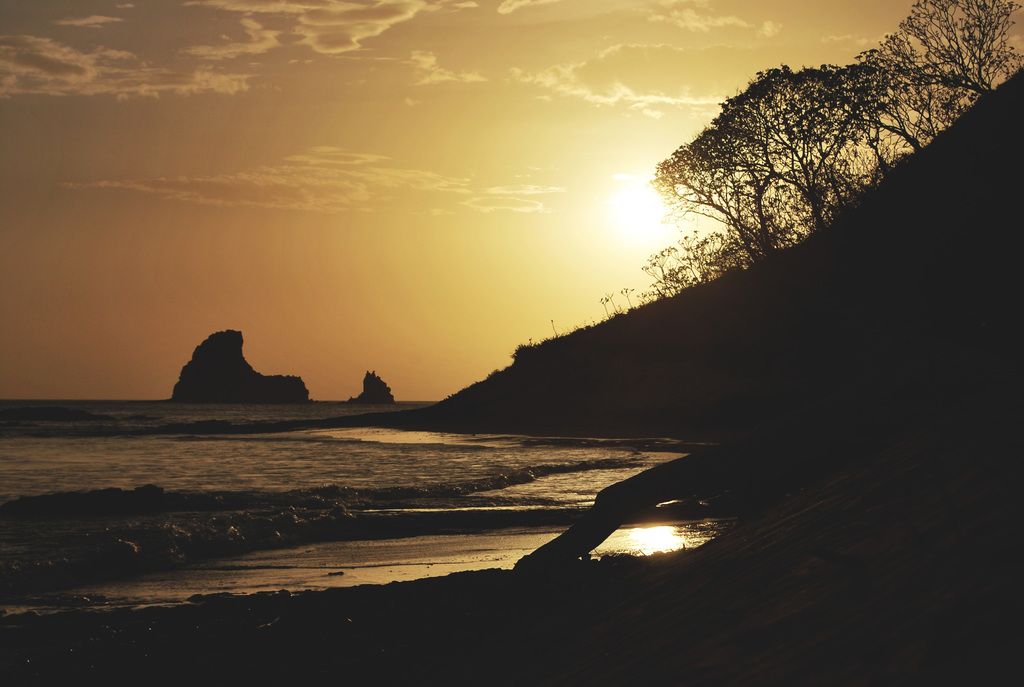A New Travel Ban in the US: What You Need to Know
U.S. President Trump Imposes Travel Restrictions on Individuals from Twelve Countries, Stating "We Don't Want Them"
In June 2025, the United States will enforce a broad travel restriction policy affecting citizens from 19 nations. President Donald Trump's new order will impose full bans on individuals from 12 countries, while partially restricting entry for nationals from seven other countries.
The countries under full travel bans include:
- Afghanistan
- Myanmar
- Chad
- Republic of Congo
- Equatorial Guinea
- Eritrea
- Haiti
- Iran
- Libya
- Somalia
- Sudan
- Yemen
Partial travel restrictions will apply to citizens from the following countries:
- Burundi
- Cuba
- Laos
- Sierra Leone
- Togo
- Turkmenistan
- Venezuela
A notable exception is the list excludes lawful permanent residents and specific visa holders, such as athletes and team members taking part in major sporting events like the FIFA Club World Cup and the 2028 Summer Olympics.
The primary justification for this travel ban is national security concerns. The reasons include inadequate information to assess risk, insufficient vetting processes, high visa overstay rates, and lack of cooperation on deportations.
The ban has been criticized for resembling President Trump's earlier travel bans, which were frequently challenged in court and faced widespread opposition. Critics view the new restrictions as punitive and politically driven, arguing they target vulnerable populations rather than genuine security threats.
Despite the controversies and concerns surrounding this travel ban, it remains a viable policy as the United States reserves the right to control its borders. Some supporters of the ban argue that traveling to the US is a privilege, not a right, and that properly vetted immigrants have committed acts of violence in the country.
Yet, the ban has raised questions about the treatment of countries, such as Myanmar, currently wrestling with a humanitarian crisis, and Haiti, which is in dire need of its partner nation's support. Critics lament that the policy seems to abandon these nations during their darkest hours, while citizens from nations with no history of attacking the US, like Myanmar, are still subjected to the ban.
Overall, the new travel ban has sparked renewed discussions about immigration, national identity, and America’s global role, as well as complex questions regarding who is welcome in the United States and under what conditions. The ripple effects of the policy will undoubtedly continue to unfold as debates ensue among lawmakers, citizens, and advocacy groups.
- War-and-conflicts in Myanmar and humanitarian crises in Haiti have raised concerns about the implementation of the new travel ban in the US, as it imposes full bans on citizens from Myanmar and partially restricts entry for Haitians, despite their nations' current needs.
- The new travel ban in the US has revived debates about migration, politics, and general news, as critics view the policy as punishment for vulnerable populations rather than a genuine security measure, while supporters argue it's essential for controlling the US borders.








